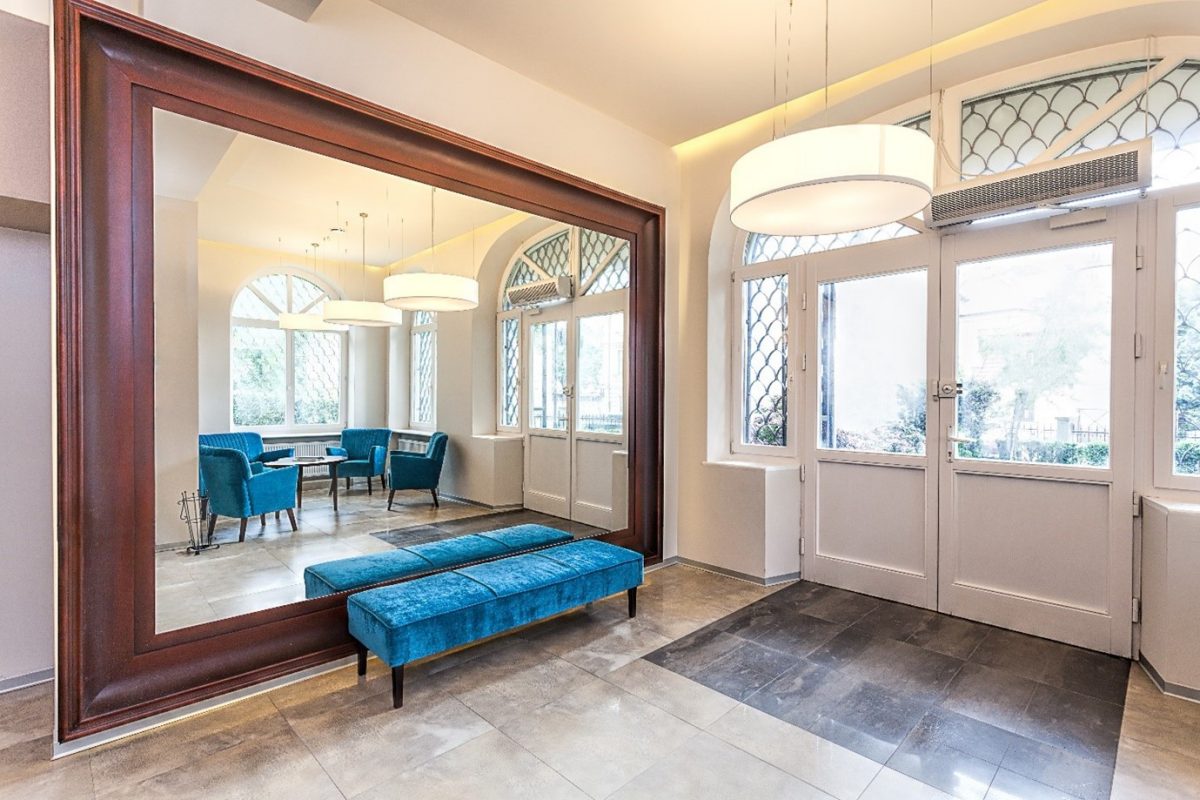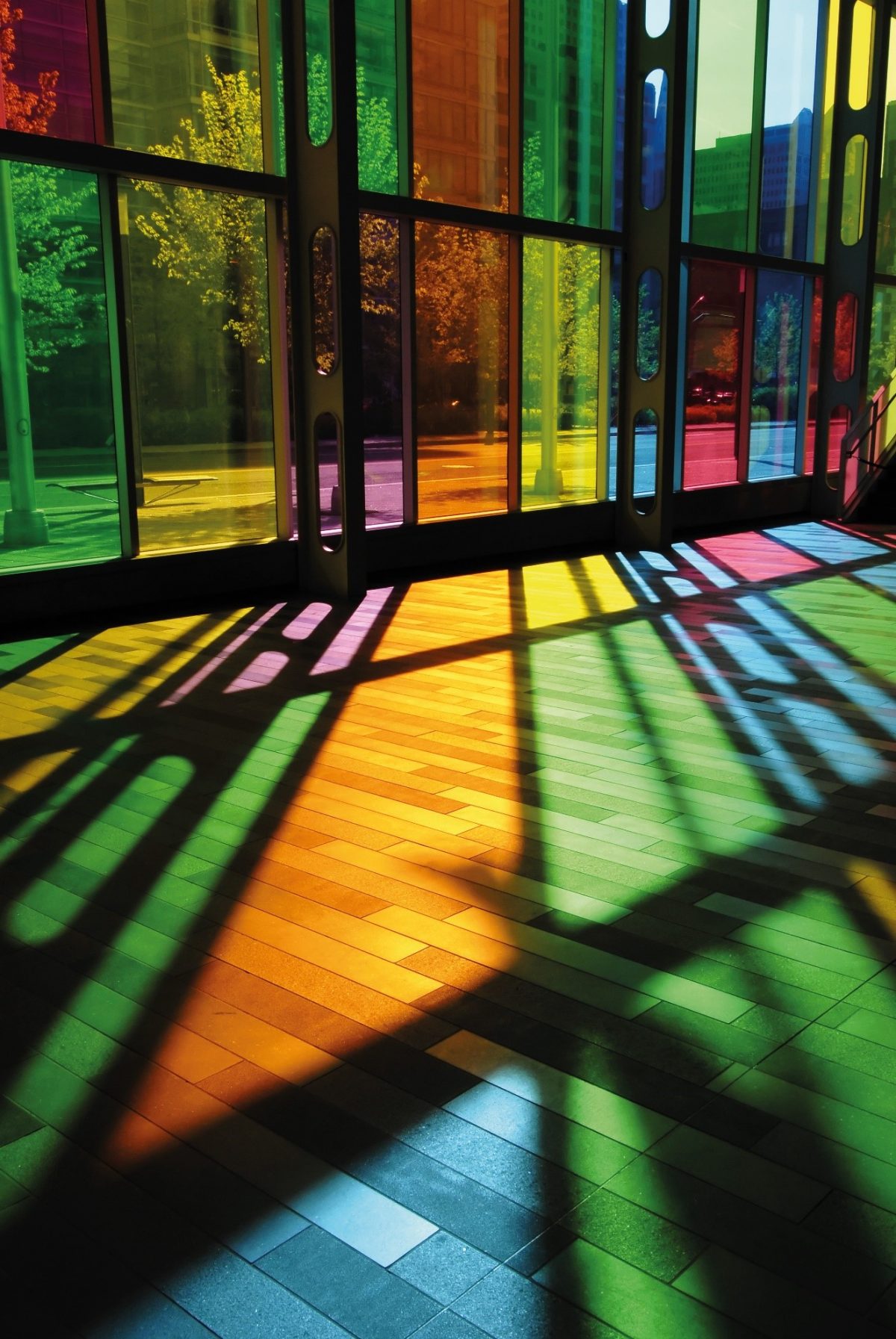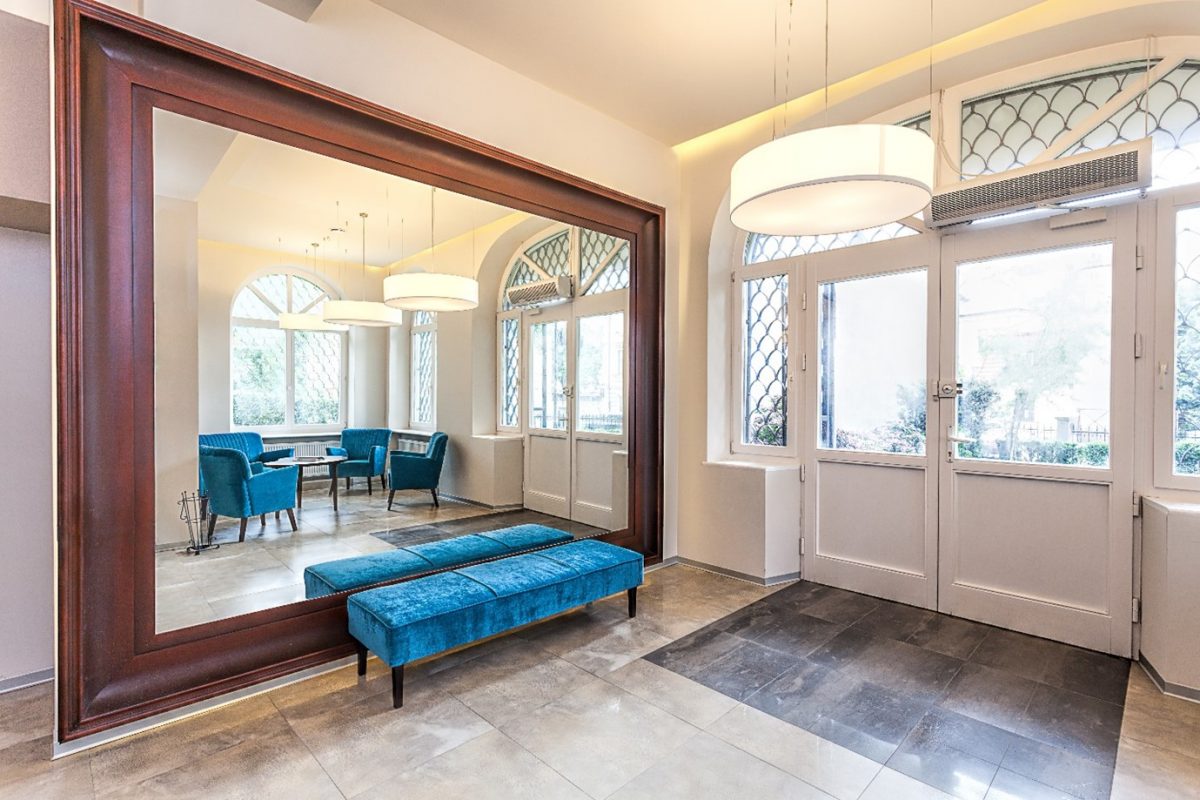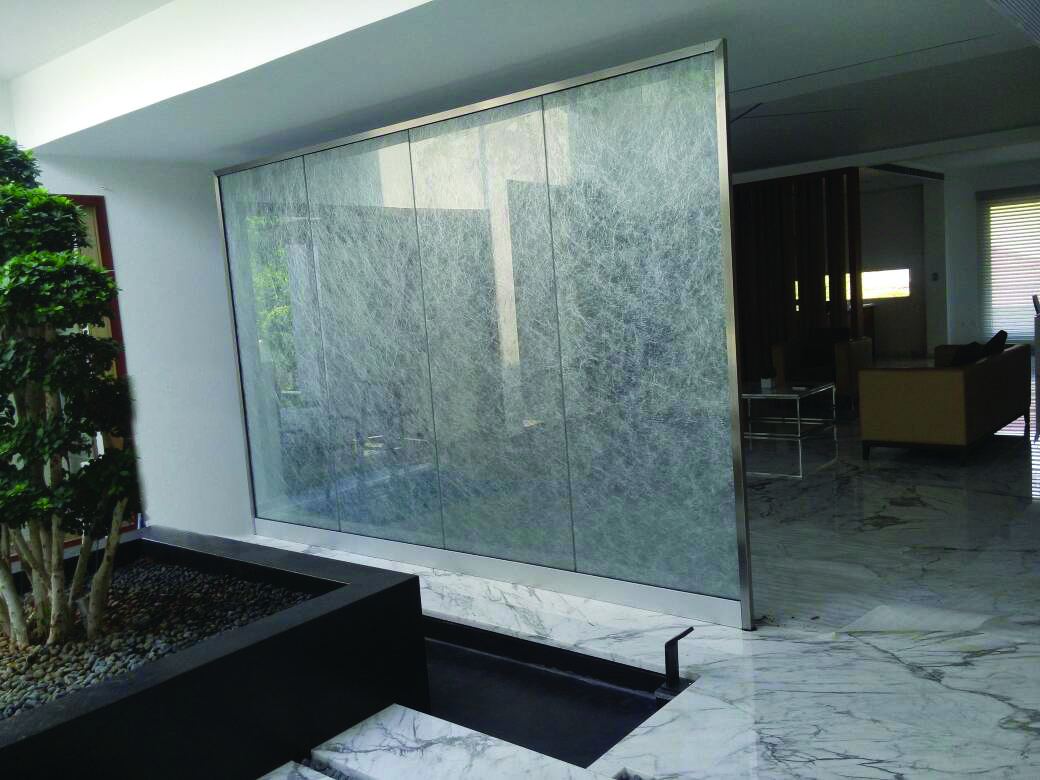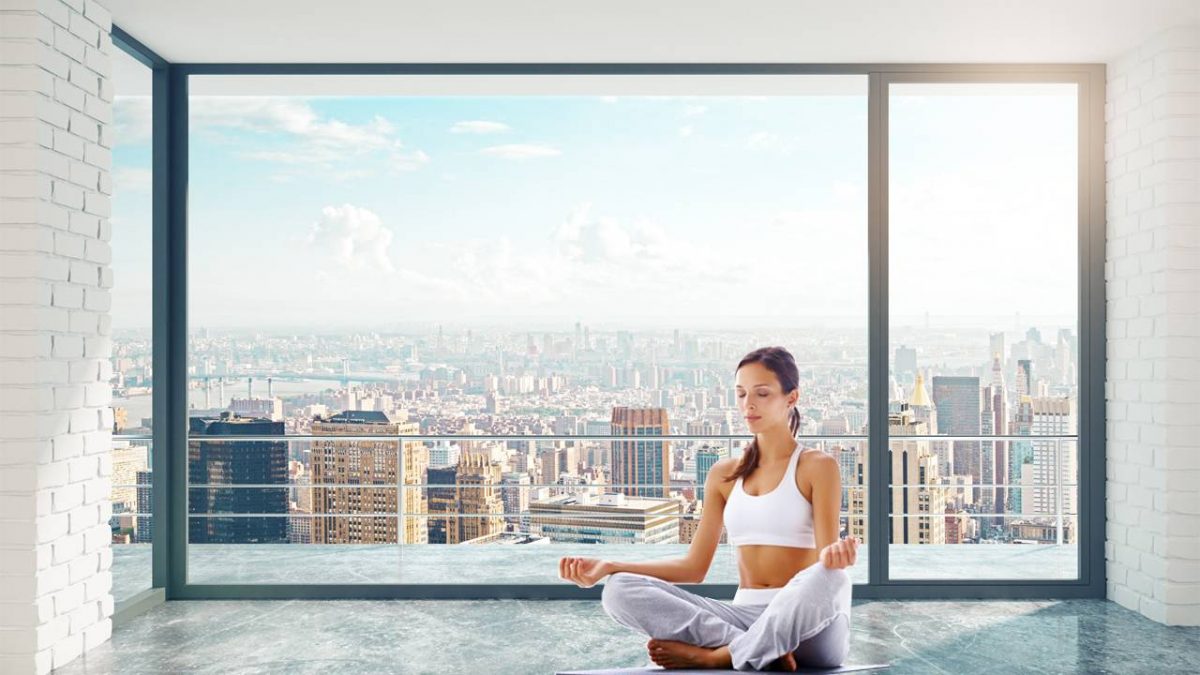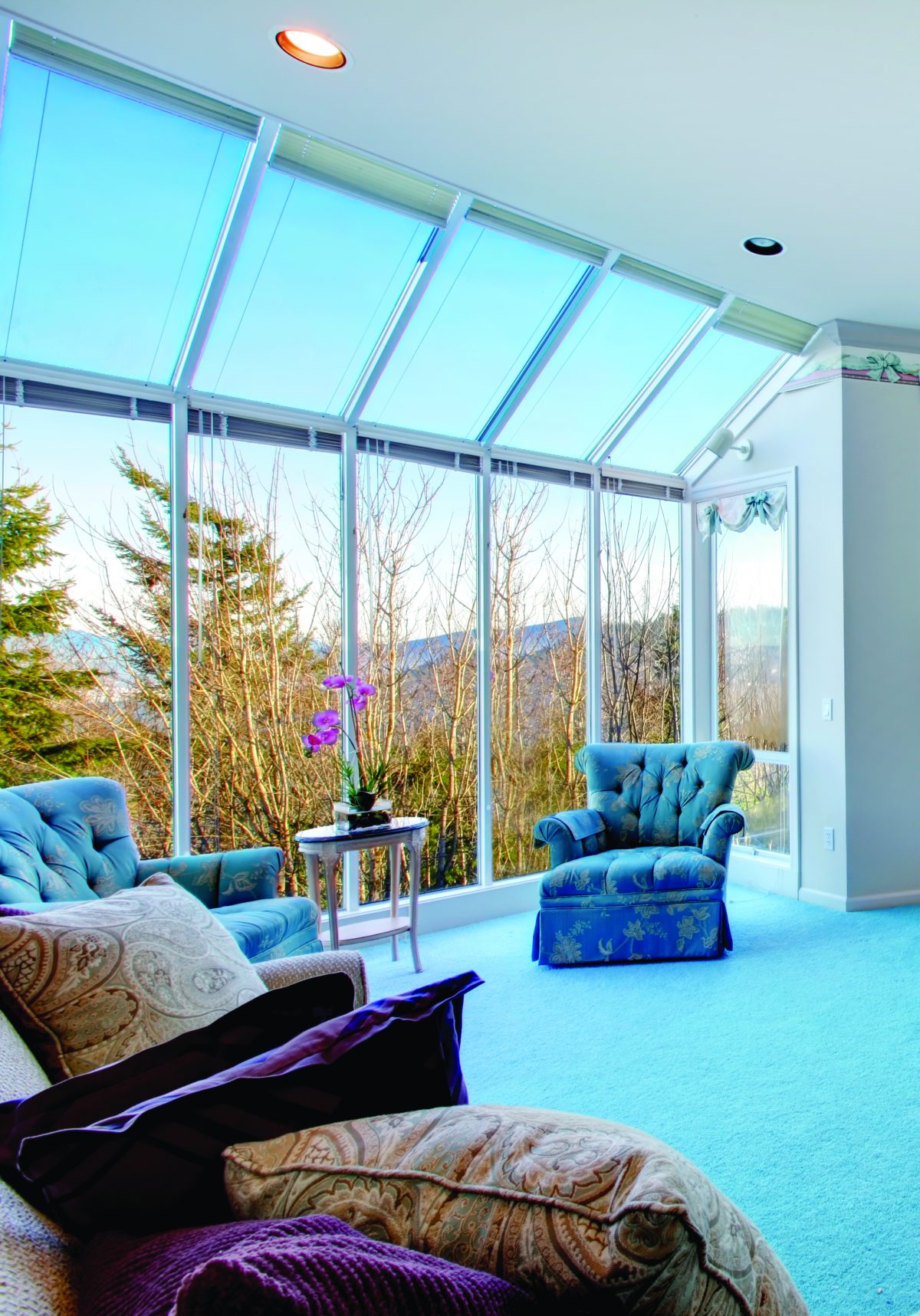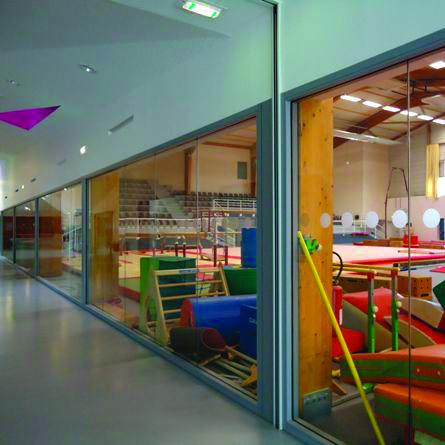In an era where sustainability and energy conservation are paramount, making informed choices about the materials we use in our homes and buildings is crucial. One such option that significantly impacts energy efficiency is insulated glass. Insulated glass, also known as double glazing, is a window and door solution that offers numerous advantages when conserving energy.
Here, we’ll explore the advantages of insulated low e-glass in a human-friendly tone, shedding light on insulated glass uses and why it is becoming increasingly popular in modern construction.
1. Exceptional Thermal Insulation
Insulated glass is renowned for its outstanding thermal insulation properties. Comprising two glass panes separated by a spacer filled with air or inert gas such as argon creates a formidable barrier against heat transfer. During winter, it retains indoor warmth, while in summer, it repels excessive heat and maintains a comfortable environment year-round, reducing reliance on heating and cooling systems and ultimately curbing energy bills and carbon footprint.
2. Substantial Energy Cost Savings
One of the most substantial benefits of insulated glass is its potential for significant energy cost savings. Stabilizing indoor temperatures lessens the need for heating and cooling, major household energy consumers. Over time, these savings accumulate, rendering insulated glass a wise investment that pays dividends.
3. Mitigation of Condensation
Condensation on windows not only obstructs visibility but also signifies energy inefficiency. Insulated glass combats this issue by maintaining a consistent temperature in the inner pane, diminishing moisture condensation, which enhances visibility and prevents mould and mildew growth, safeguarding your health and your home’s structural integrity.
4. Superior Sound Insulation
Insulated glass excels in thermal properties and as a sound insulator. The dual glass layers, combined with the air or gas in between, serve as a formidable sound barrier. Doing so creates a quieter indoor environment, ideal for those residing in noisy neighbourhoods or near bustling streets.
5. Enhanced Property Value
Investing in energy-efficient features like insulated glass elevates property value. Prospective buyers are willing to pay more for homes with energy-saving attributes, foreseeing long-term benefits such as reduced utility bills. Thus, insulated glass saves on current expenses, yielding returns when it’s time to sell.
6. Environmental Responsibility
Reducing energy consumption isn’t merely a financial boon but a responsibility to the environment. Insulated glass reduces greenhouse gas emissions linked to electricity generation by minimizing energy usage for heating and cooling, fostering the fight against climate change and promoting a sustainable future for our planet.
7. Protection Against UV Radiation
Insulated glass extends its benefits to safeguarding your possessions. It diminishes the infiltration of harmful ultraviolet (UV) rays from the sun, which can cause fading or damage to furniture, carpets, and artwork. Insulated glass lets you relish a well-preserved interior without additional UV-blocking treatments.
Conclusion
Insulated glass is an indispensable choice for enhancing energy efficiency in homes and buildings. Its advantages span from reduced energy expenditure and increased property value to heightened comfort and environmental stewardship. Whether embarking on a construction project or contemplating window upgrades, insulated glass should be at the forefront of your considerations.
AIS Glass is a trusted provider of insulated glass solutions that enhance buildings’ energy efficiency, comfort, and aesthetics. If you’re considering incorporating insulated glass into your project, we recommend reaching out to us to explore our range of products and get started on your journey towards a more energy-efficient and comfortable living space.


